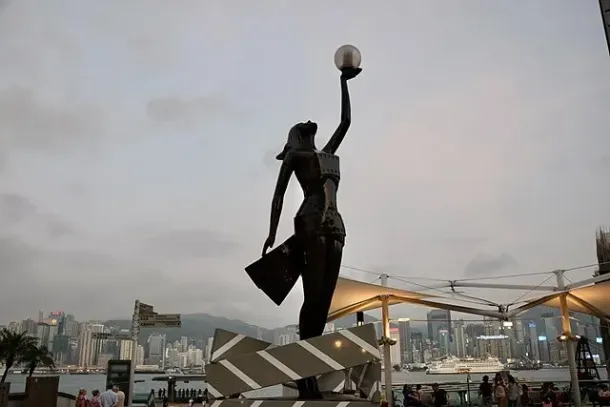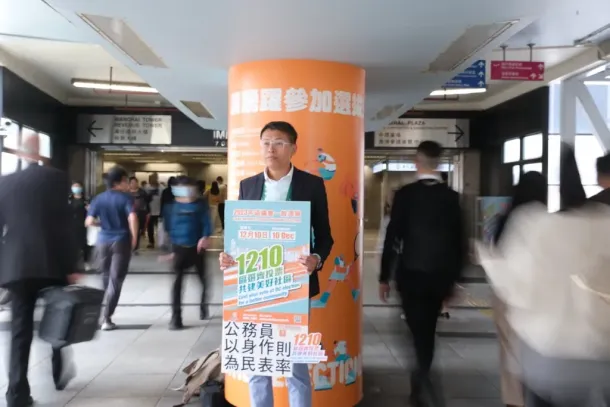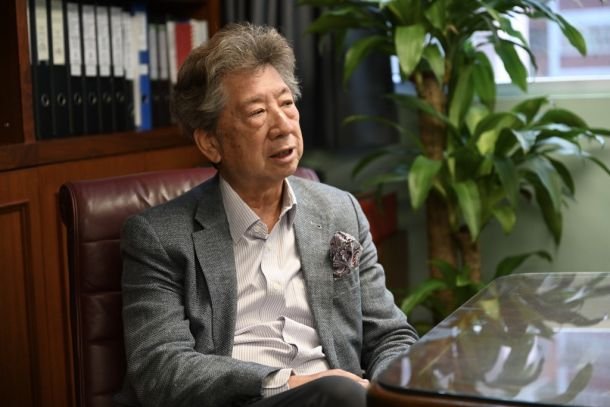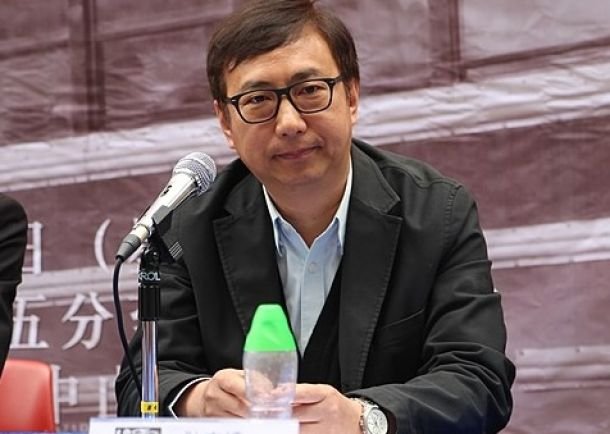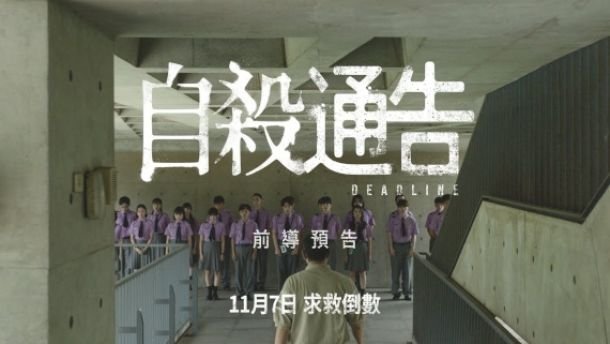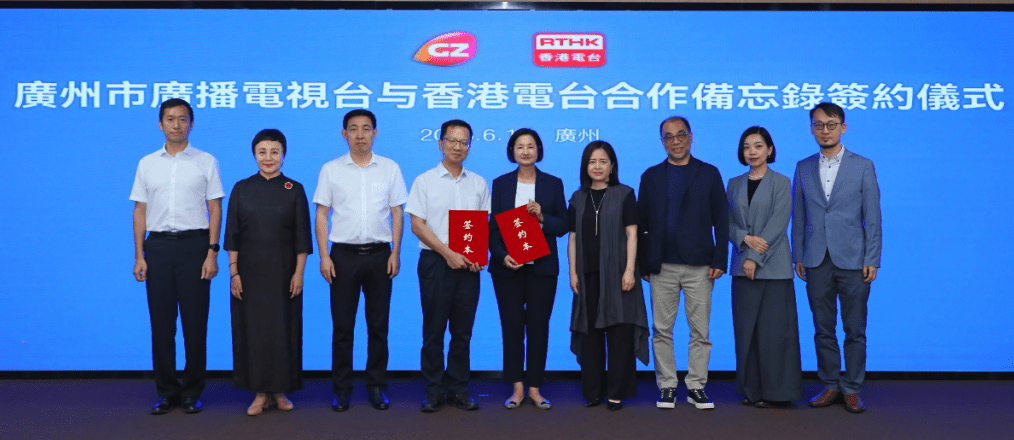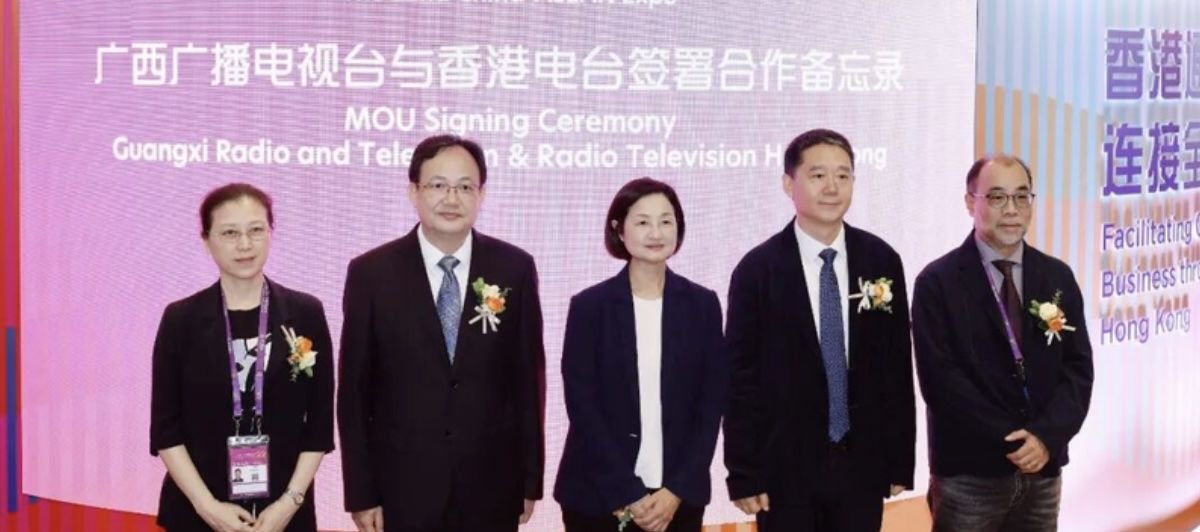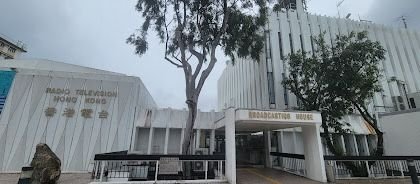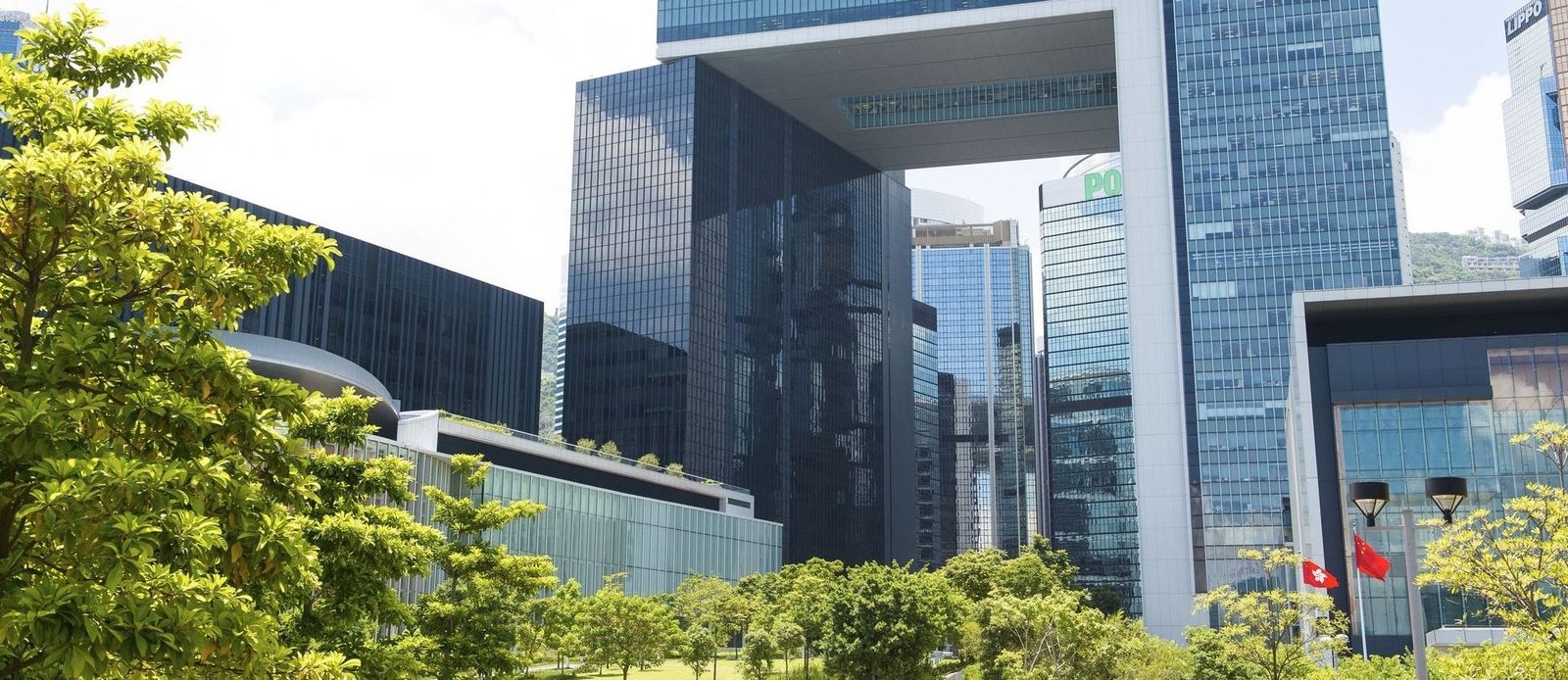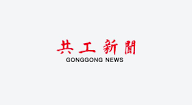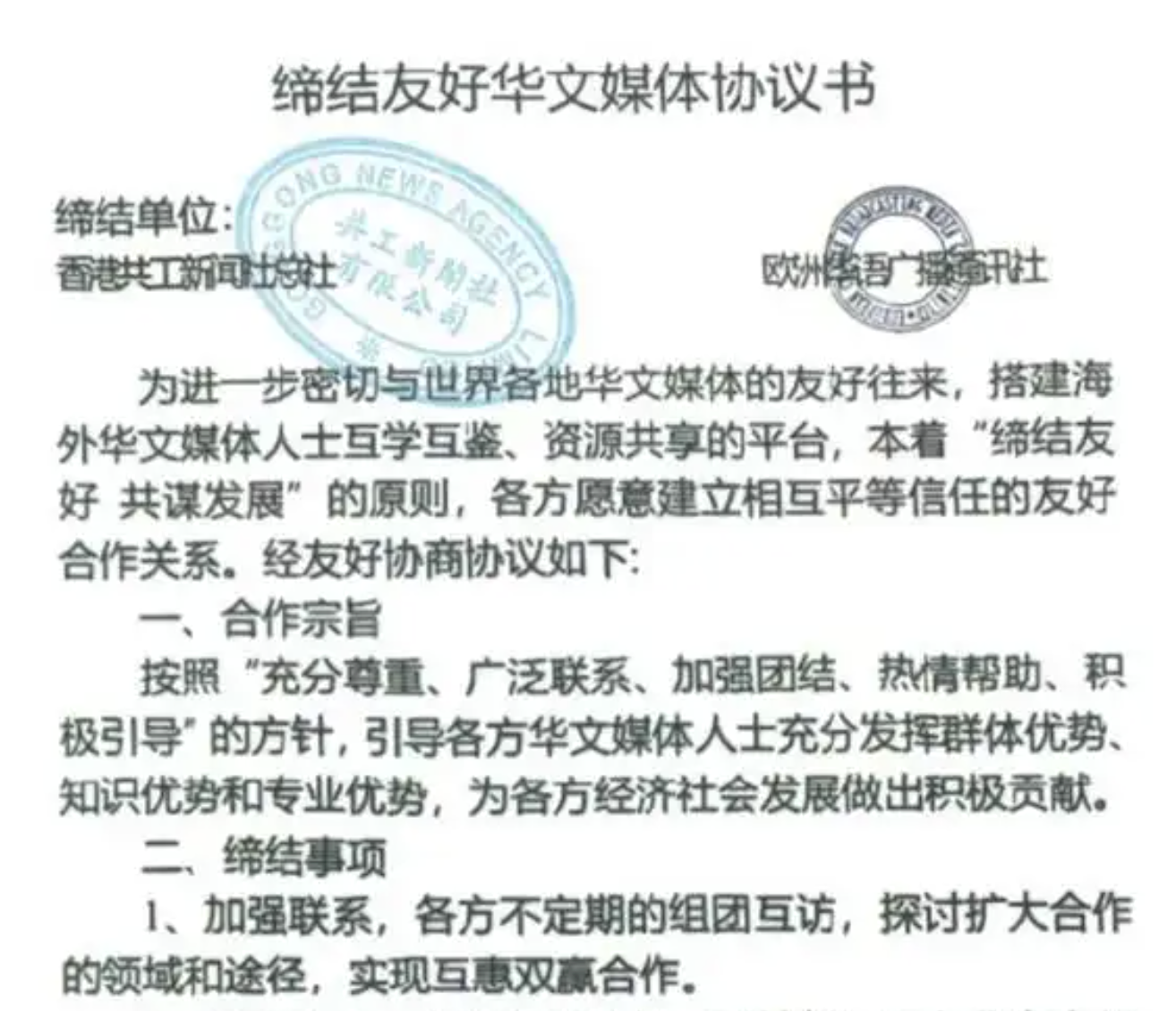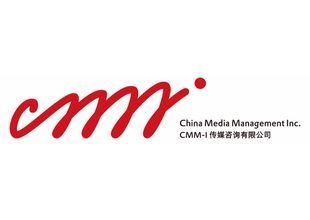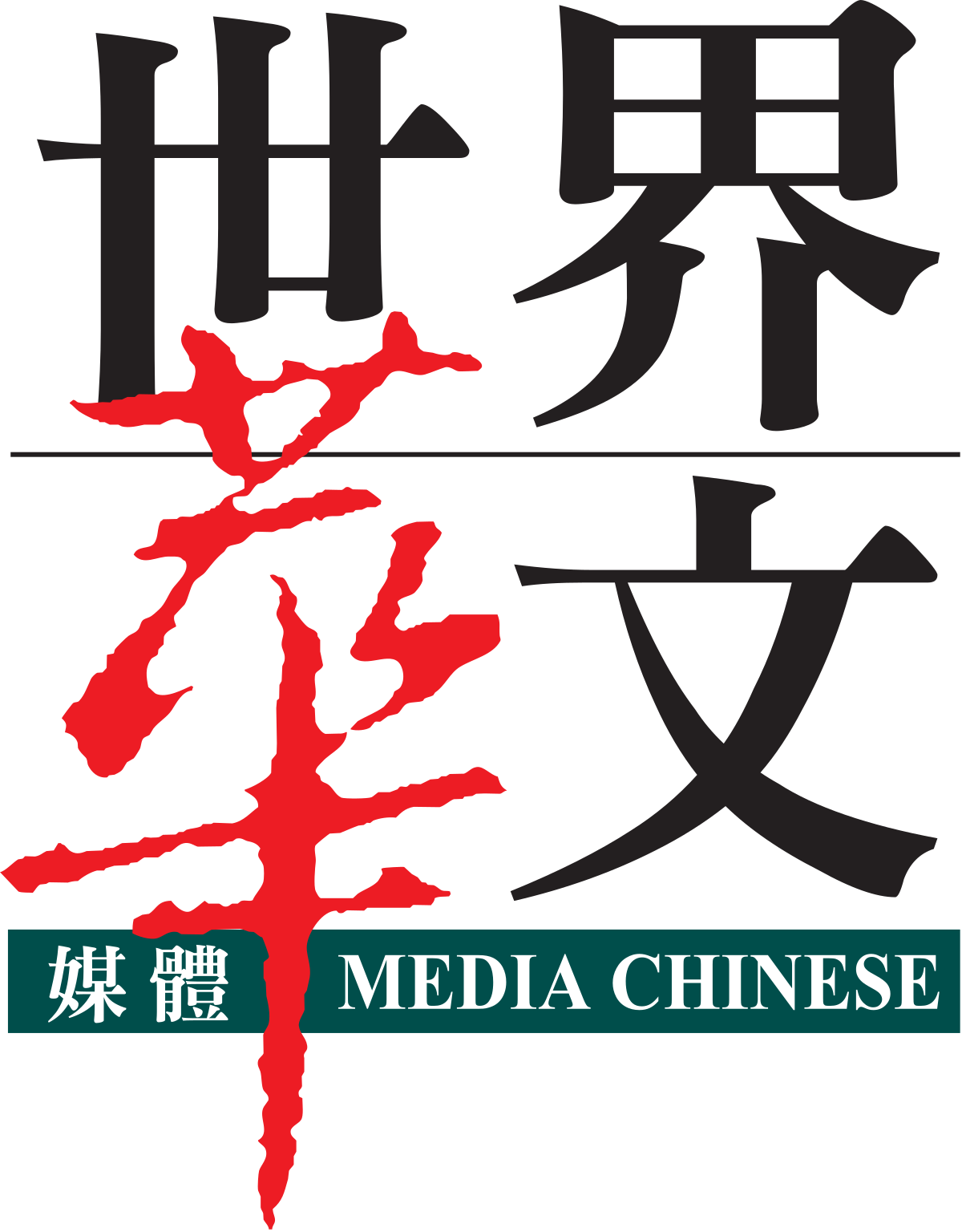More Targets for Chris Tang
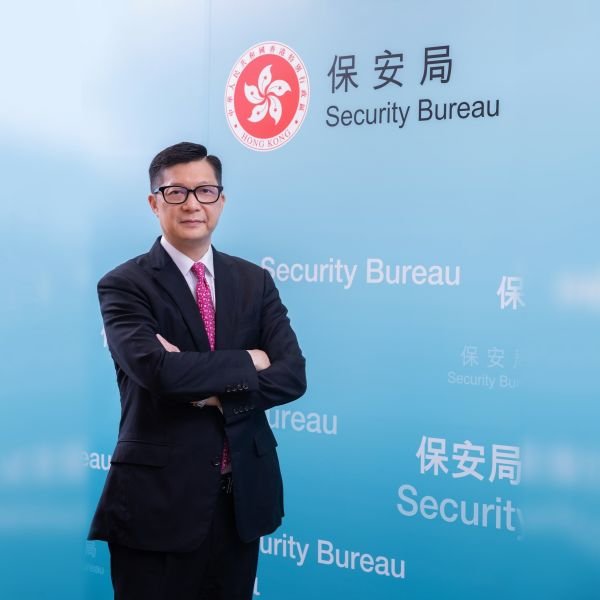
Hong Kong Security Secretary Chris Tang (鄧炳強) publicly criticized a social media-based publication called Edu Lancet (教育刺針) on March 30, 2025, for spreading rumors and “dividing society” after it raised questions — “sensationalizing,” Tang called it — about the death of a Hong Kong student during a Hangzhou exchange program. Tang also warned against “soft resistance” (軟對抗), a concept authorities in the city have increasingly used to describe acts of peaceful expression that allegedly undermine government authority. The case was covered by a number of outlets, including Points Media (棱角媒體) — a global media collective of former Hong Kong journalists.
This push against peaceful expression was reflected in a report last month by Amnesty International that showed that at least 16 people have been arrested in the past year under Article 23 — known as the Safeguarding National Security Ordinance — for actions such as wearing protest-slogan T-shirts.
At a symposium last month marking the one-year anniversary of the ordinance, officials warned that while “development is an unyielding principle” (发展是硬道理 ), “security is also an unyielding principle” (安全也是硬道理). In a rather stark illustration of China’s dominance of Hong Kong politics, this pairing was a direct copying of a phrase introduced on March 1 by Xi Jinping during a collective study session of the CCP Politburo. The first phrase, about development, echoes a core concept introduced in 1992 by Deng Xiaoping (鄧小平). The latter phrase is apparently Xi’s own recent elaboration, and likely speaks to the CCP’s sense of anxiety about the volatility of the present moment.

